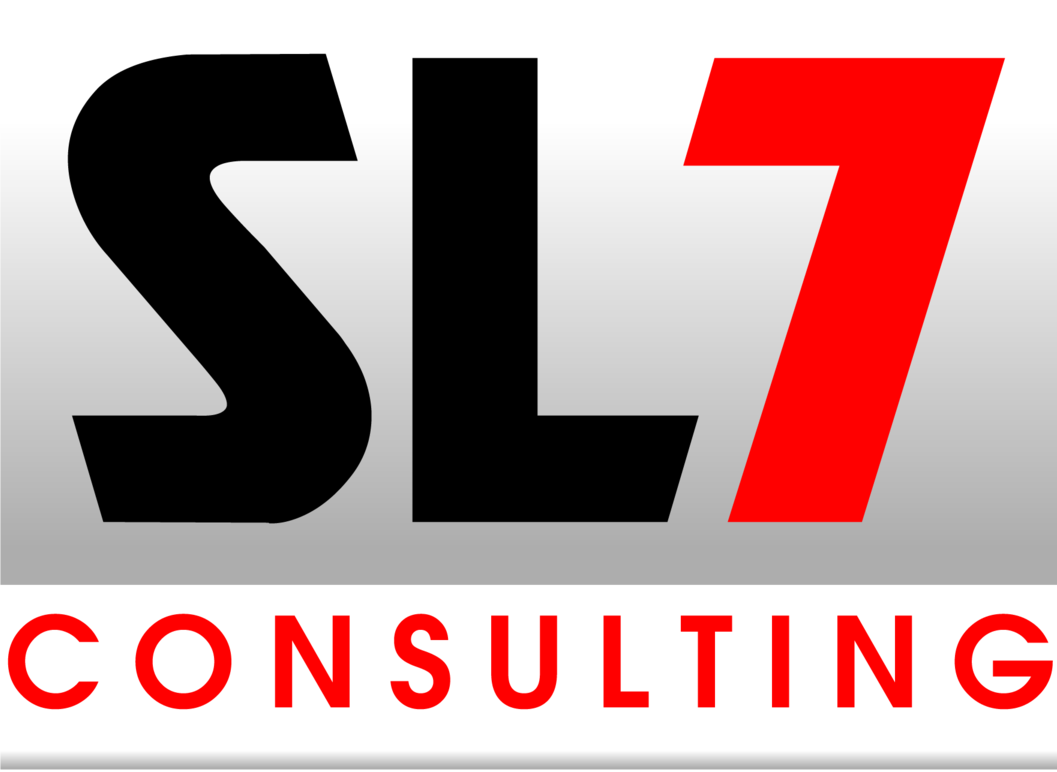When a controversial real estate development project is on the agenda for a vote at a public hearing, the deck is usually stacked against a favorable vote. The opposition can show up to the hearing numbering in the hundreds, creating an intense atmosphere for mostly part-time local elected officials worried about losing their next election bid.
Surprisingly in today’s NIMBY digital activism age, developers ignore the warning signs putting their applications on the line. The good news is more developers and land-use professionals are incorporating public affairs to proactively mitigate hours of project attacks, false allegations, and character assassination.
Not doubt overcoming coordinated opposition at public hearings can indeed be difficult, but there are strategies that can help.
Here Are A Few Tips:
- Prepare thoroughly: Anticipate potential objections and concerns, and be ready with well-researched responses. Ensure that your presentation is clear, concise, and addresses the key points effectively.
- Engage with stakeholders: Reach out to community members, local organizations, and elected officials before the hearing to build support for your project. Addressing concerns early on can help mitigate opposition later.
- Form alliances: Identify allies who support your project and can help advocate for it at the hearing. This could include community leaders, business owners, or other stakeholders with a vested interest in the project’s success.
- Focus on the benefits: Highlight the positive impacts that your project will have on the community, such as job creation, economic development, improved infrastructure, or increased access to services.
- Stay calm and respectful: Maintain a professional demeanor, even in the face of opposition or criticism. Respond to concerns politely and constructively, and avoid getting drawn into confrontations.
- Be flexible: Be open to feedback and willing to make adjustments to address legitimate concerns raised during the hearing. Demonstrating a willingness to compromise can help build goodwill and support for your project.
- Document support: Encourage supporters of your project to attend the hearing and express their views. Having a strong showing of support can help counterbalance opposition and demonstrate widespread community backing.

By being proactive, engaging with stakeholders, and presenting a compelling case for your project, you can increase the likelihood of success at public hearings, even in the face of coordinated opposition.
For more information on how to get your controversial project across the finish line, you can go to www.PatrickSlevin.com. Book a call with Patrick Slevin today.
